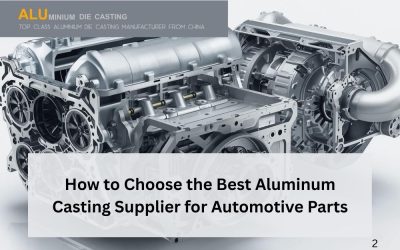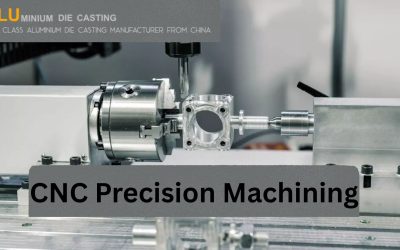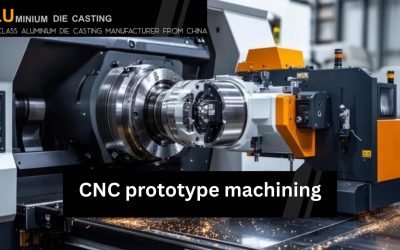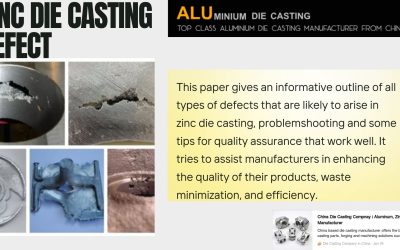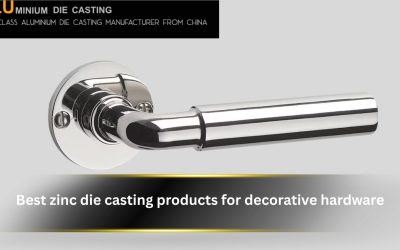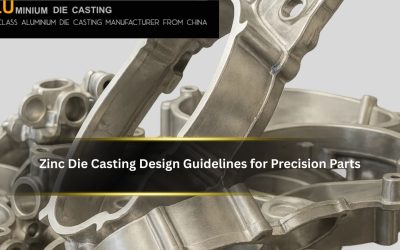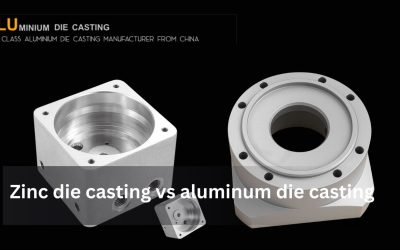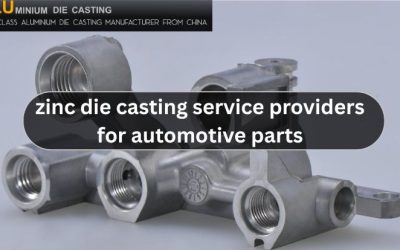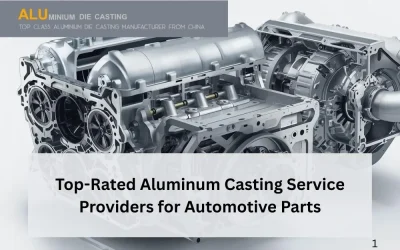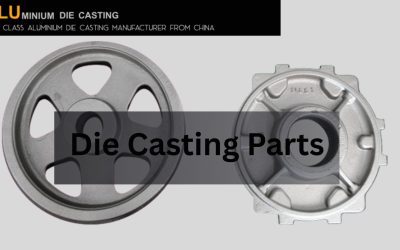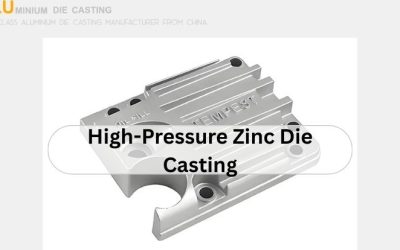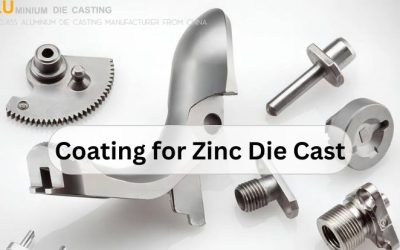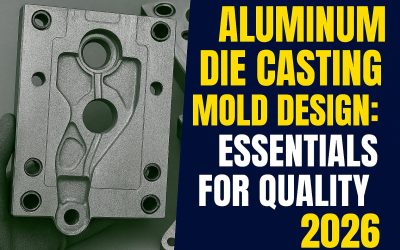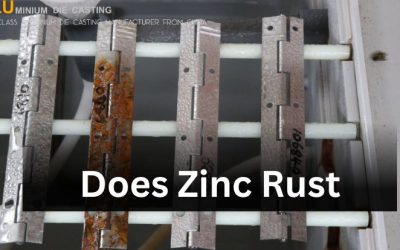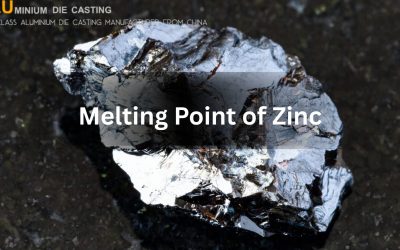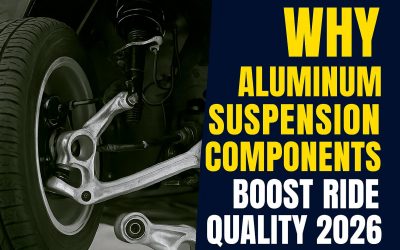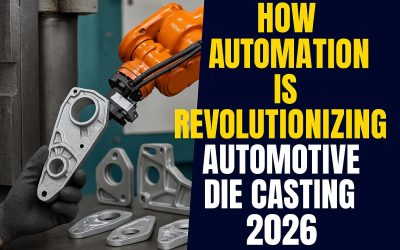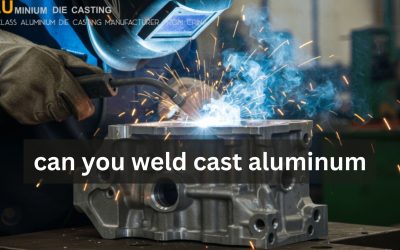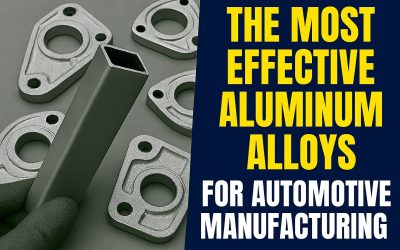How to Choose the Best Aluminum Casting Supplier for Automotive Parts
The global aluminum casting market is huge, worth over USD 100 billion. And it is expanding at a CAGR of 5-7.5%, according to various statistical data. In this competitive market, choosing the right aluminum casting supplier is tricky. When choosing the right aluminum...
CNC Precision Machining: Advanced Techniques, Tolerances, and Applications
CNC Precision Machining forms a very important aspect of contemporary manufacturing. It is applied to make high-quality and accurate parts. Automobile, aerospace, medicine, and electronics industries are some of the industries that use CNC machines to produce accurate...
CNC Prototype Machining: Precision and Rapidity in the Modern World
The modern manufacturing environment, which is fast-moving, is concerned with speed, accuracy, and flexibility. Here is where the prototype machining of the CNC comes in. CNC (Computer Numerical Control) machining allows the engineers and manufacturers to realize the...
Zinc Die Casting Defect Troubleshooting and quality assurance tips
Zinc die casting defect: including zinc porosity, cold shuts, flash, and warping, affect the strength and appearance. Controlled temperature, pressure, die design, and QA are used to prevent them. One of the manufacturing processes that is hugely embraced is zinc die...
Best zinc die casting products for decorative hardware
Zinc die casting is currently among the most favored ways of producing good decorative hardware. This is due to the fact that zinc is powerful, pliable, economical, and it looks good when completed. This paper will examine the finest zinc die-cast products in...
Zinc Die Casting Design Guidelines for Precision Parts
Zinc die casting is one of the favourite manufacturing processes that are commonly employed to make high-dimensional, complex-shaped precision metal parts that have finishes of high quality. It finds extensive use in the automotive, electronic, hardware and consumer...
Zinc die casting vs aluminum die casting: benefits and drawbacks
Die casting is one of the processes that is employed in modern industries. It allows the manufacturers to produce highly complex metal parts in a very precise and reliable way. Among many other die-cast materials, Zinc and aluminum are the most widely used die-cast...
Reviews of zinc die casting service providers for automotive parts
Another manufacturing technique that is highly important in the automotive sector is Zinc die casting. It manufactures high-precision, strong, and durable parts. Zinc alloys are applied in the automotive industry due to their superior corrosion resistance and close...
What are the Top Rated Aluminum Die Casting Service Providers for Automotive Parts
Die casting is one of the core technologies used in foundries. Without it, it's hard to make metal parts with small features. Among other industries, the automotive industry heavily relies on this process. In addition, aluminum and its alloys are preferred materials...
The ultimate guide to Die Casting Parts.
Die casting is one of the most significant processes in the modern world. It enables industries to develop robust, accurate and long-lasting components in a short period of time. Among these elements, die casting parts are critical in the automobile, electronic, and...
High-Pressure Zinc Die Casting: A Comprehensive Guide
One of the most effective processes in the modern industries is the high-pressure zinc die casting. It enables businesses to create accurate, rugged, and quality metal components. Automotive, electronics, and consumer products sectors are among the industries that are...
Aluminum Automotive Demand Forecast: What to Expect in the Coming Years
Aluminum has become an unsung hero in the contemporary motor vehicles. It may seem obvious, but it is everywhere: it is under the hood, it is in the body panels, it covers EV batteries. Aluminum has come into the limelight as automakers are competing to produce...
Coating for Zinc Die Cast: A Complete Guide
Zinc die casting is a manufacturing process that is widely used in the manufacturing of complex and dimensionally accurate metal components. These components have been appreciated because of their strength, cost-effectiveness, and capability to be made in large...
Aluminum Die Casting Mold Design: Essentials for Quality 2026
The design of aluminum die casting molds is not a mere technical process; however, it is the foundation of quality, consistency and cost-effectiveness. Consider the mold to be a plan to perfection. Once it is defective, it cannot be rescued even with tweaking of the...
Does Zinc Rust? Learning about Zinc and Its Corrosion Properties
Zinc is a commonly used metal in construction, automobile and domestic projects. The questions many people will ask are: Does zinc rust? It is important to know the behaviour of zinc in different environments. This paper describes the characteristics of zinc, its...
Melting Point of Zinc: A Complete Explanation
Zinc is an important metal. It finds application in most industries. It is white, bluish, and powerful. It can, however, be easily shaped when in the hot state. The melting point of zinc is one of the most significant properties of this element. The melting point...
Why Aluminum Suspension Components Boost Ride Quality 2026
The suspension system of your car plays an unsung role as far as riding lightly on the road is concerned. It serves as the shock absorber to your day-to-day grind, and it absorbs all the bumps, potholes and road dents and leaves you in a comfortable position. However...
How Automation is Revolutionizing Automotive Die Casting 2026
Automation would be the turbocharger in the event that automotive manufacturing is a race. It is no longer a nice-to-have but the driver of speed, quality and competitiveness. Die casting automation in the automotive production sector is transforming the ways in which...
Can You Weld Cast Aluminum? Complete Step-by-Step Guide 2026
The question people tend to raise is: Can you weld cast aluminum? The answer to this is yes, cast aluminum can be welded, but not easy. Cast aluminum is not similar to normal aluminum, and it requires special preparation, appropriate welding techniques, and skills....
The Most Effective Aluminum Alloys for Automotive Manufacturing
The motor industry is evolving rapidly. Cars are no longer about horse power and polished paint work. Today, it is efficiency, sustainability and intelligent engineering. It is at this point where aluminum alloys for automotive manufacturing are brought into the...
How Can I Compare Pricing Between Different Zinc Die Casting Manufacturers?
Many people ask, "How can I Compare Pricing Between Different Zinc Die Casting Manufacturers?" Let's answer it. Zinc die casting has emerged as one of the most popular production procedures in the current competitive manufacturing industry to produce accurate,...

